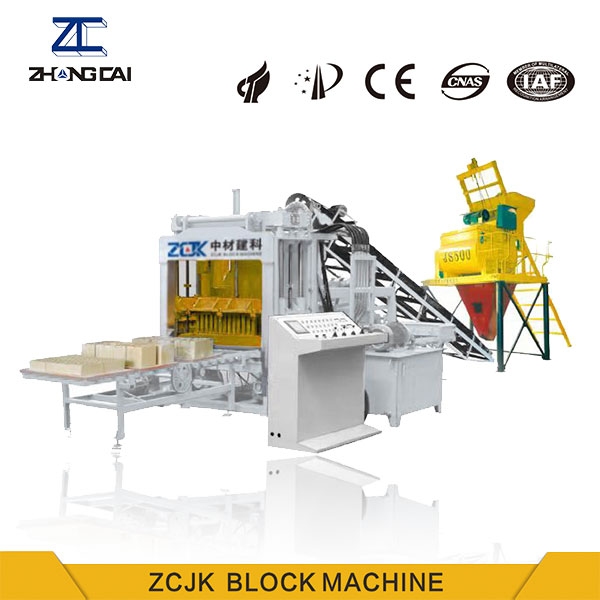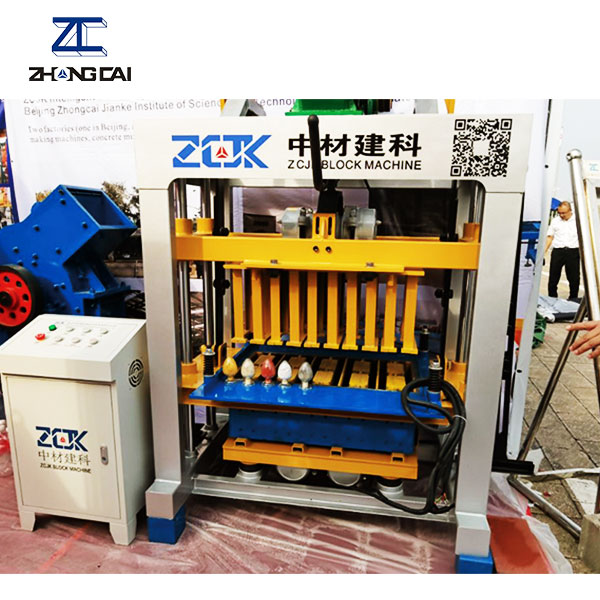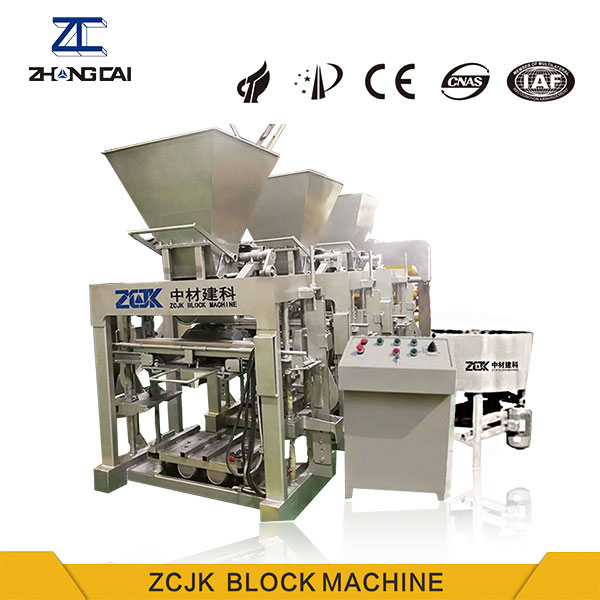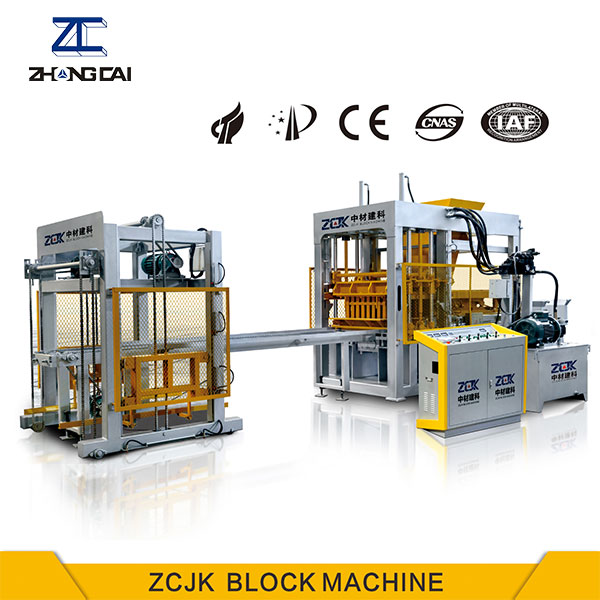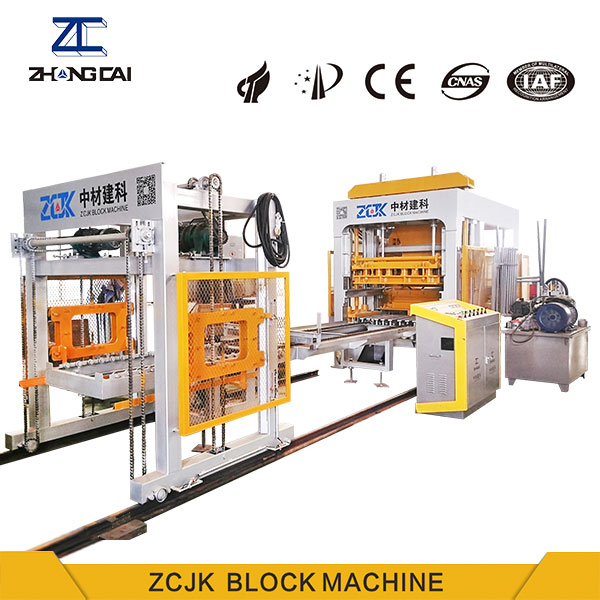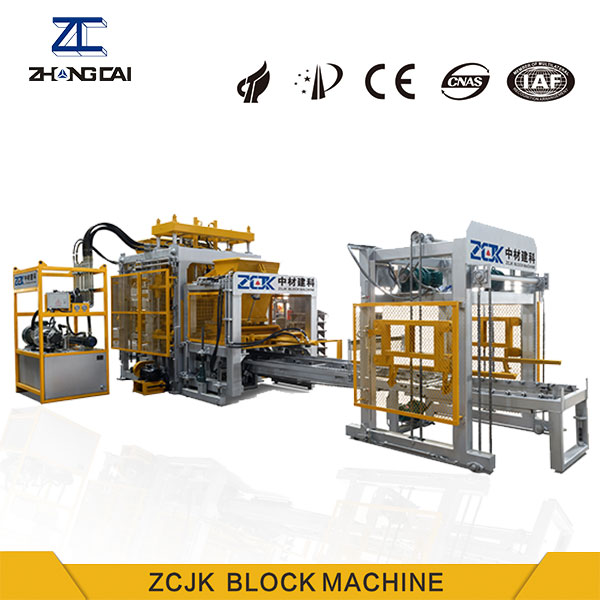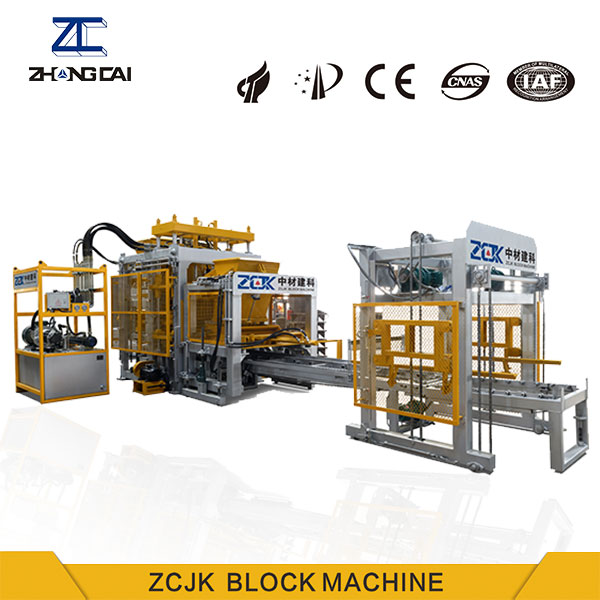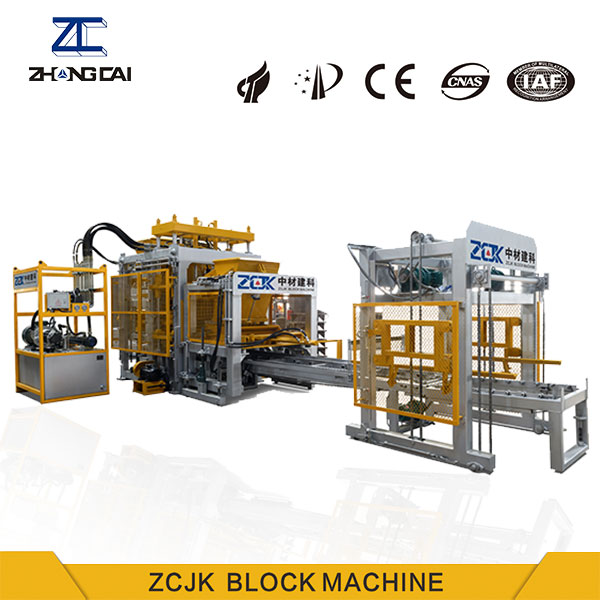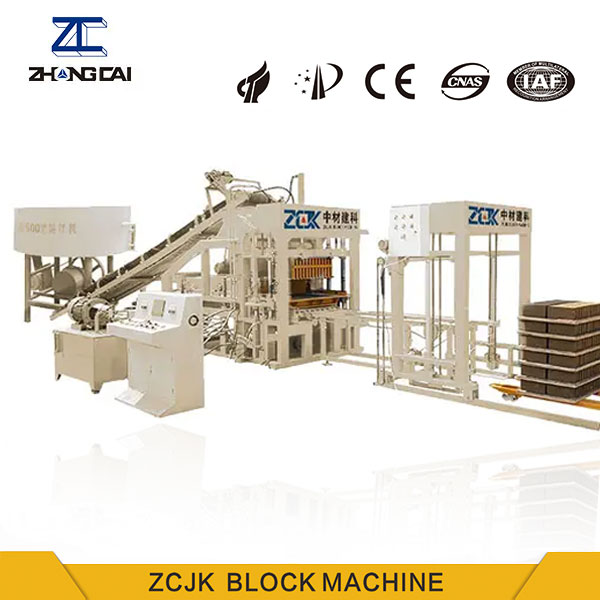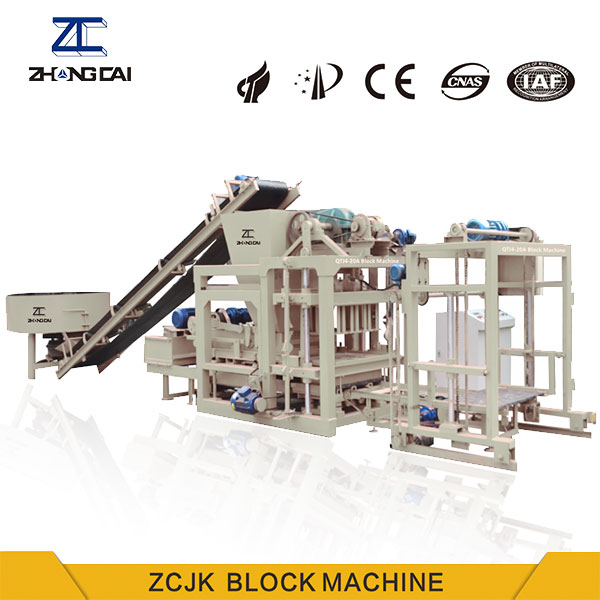Construction has been the cornerstone of human civilization, shaping our cities, infrastructure, and the very spaces we inhabit. Today, a crucial yet often unseen player in this ongoing saga is the block making machine. While not producing traditional fired bricks, these machines churn out concrete blocks – the unsung heroes of modern construction.
Block making machines offer a cost-effective and versatile solution for a wide range of projects. From the towering heights of the Burj Khalifa, clad in millions of precast concrete facade blocks, to the intricate pavers adorning the National Mall in Washington D.C., their applications are far-reaching. These machines are workhorses in large-scale infrastructure projects, providing the essential building blocks for dams, canals, and retaining walls. Their ability to produce strong, pressure-resistant blocks makes them ideal for such demanding applications.
Beyond large-scale construction, block making machines find uses in everyday projects. Interlocking paving stones and curbs, often gracing
our roads and sidewalks, are frequently products of these machines. Landscaping is another beneficiary, with decorative block walls, planters, and retaining walls adding both function and beauty to our outdoor spaces. Security barriers, a necessity for construction sites and events, are often constructed from solid concrete blocks produced by these machines.
The advantages of block making machines extend beyond their applications. Compared to traditional building materials, concrete blocks are generally less expensive. Their modular nature allows for faster construction times, streamlining projects. Furthermore, block making machines offer remarkable versatility. By using different molds, they can produce blocks in a variety of shapes and sizes, catering to specific needs. The resulting blocks are known for their durability, ensuring long-lasting structures that can withstand the elements.
As construction continues to evolve, block making machines will undoubtedly remain a vital force, shaping the landscapes we inhabit for generations to come.
Block making machines, while not producing bricks in the traditional kiln-fired sense, create concrete blocks that are widely used in construction projects of all sizes. Here are some applications and examples of big projects that utilize block making machines:
Large-scale construction:
· Buildings: Block walls are a common and cost-effective method for constructing residential and commercial buildings. They can be used for both load-bearing (supporting weight) and non-load-bearing walls.
· Infrastructure: Concrete blocks are essential for infrastructure projects like dams, canals, and retaining walls. Their strength and ability to withstand pressure make them ideal for these applications.
· Roads and Pavements: Interlocking paving stones and curbs are often produced by block making machines. These pavers create durable and attractive surfaces for roads, sidewalks, and plazas.
Other applications:
· Landscaping: Blocks can be used for decorative purposes in landscaping projects, such as building garden walls, planters, and retaining walls.
· Security Barriers: Solid concrete blocks are a popular choice for creating temporary or permanent security barriers at construction sites, events, or other locations.
· Storage: Blocks can be used to construct storage bins for sand, salt, and other bulk materials.
Big Project Examples:
· High-speed rail construction projects: Concrete blocks are often used for building retaining walls and noise barriers along high-speed rail lines.
· Stadium and arena construction: Blocks can be used for the construction of both interior and exterior walls in large sports complexes.
· Flood control projects: Blocks are a crucial component of flood control measures, such as levees and channels.
By utilizing block making machines, construction projects can benefit from several advantages, including:
· Cost-effectiveness: Blocks are generally less expensive than other building materials like fired bricks.
· Speed of construction: Block walls can be built quickly and efficiently compared to other methods.
· Versatility: Blocks come in a wide variety of shapes and sizes to suit different needs.
· Durability: Concrete blocks are strong and long-lasting, making them suitable for a variety of applications.
In conclusion, block making machines are not simply machines – they are enablers. They enable faster, more cost-effective construction, while offering the versatility to meet diverse project requirements. From the grandest skyscrapers to the most humble garden wall, concrete blocks, the products of these machines, are the building blocks of our modern world.

